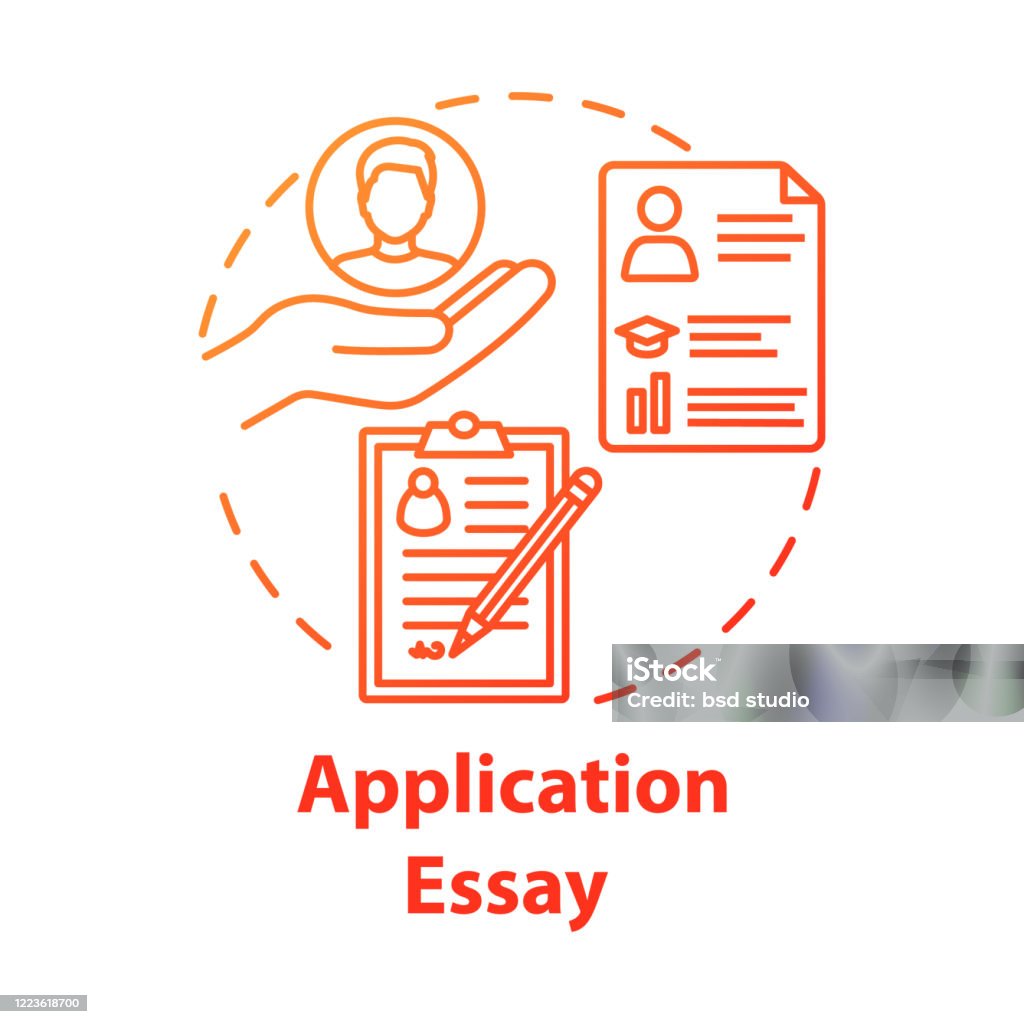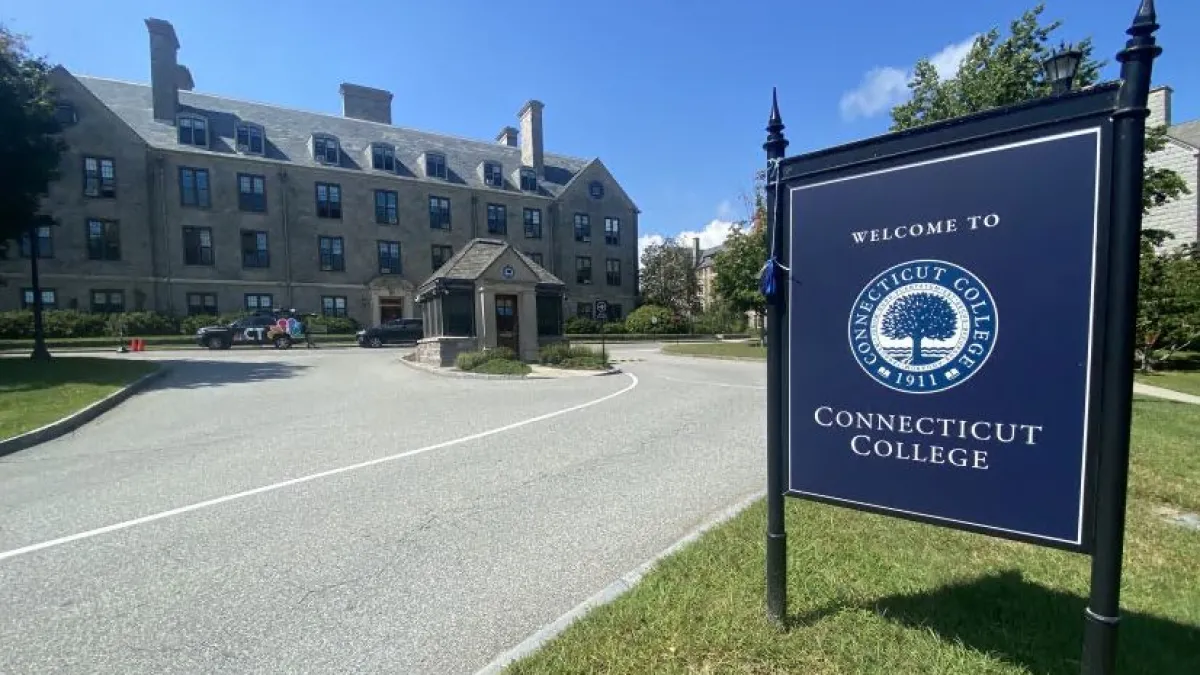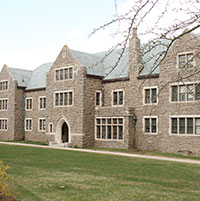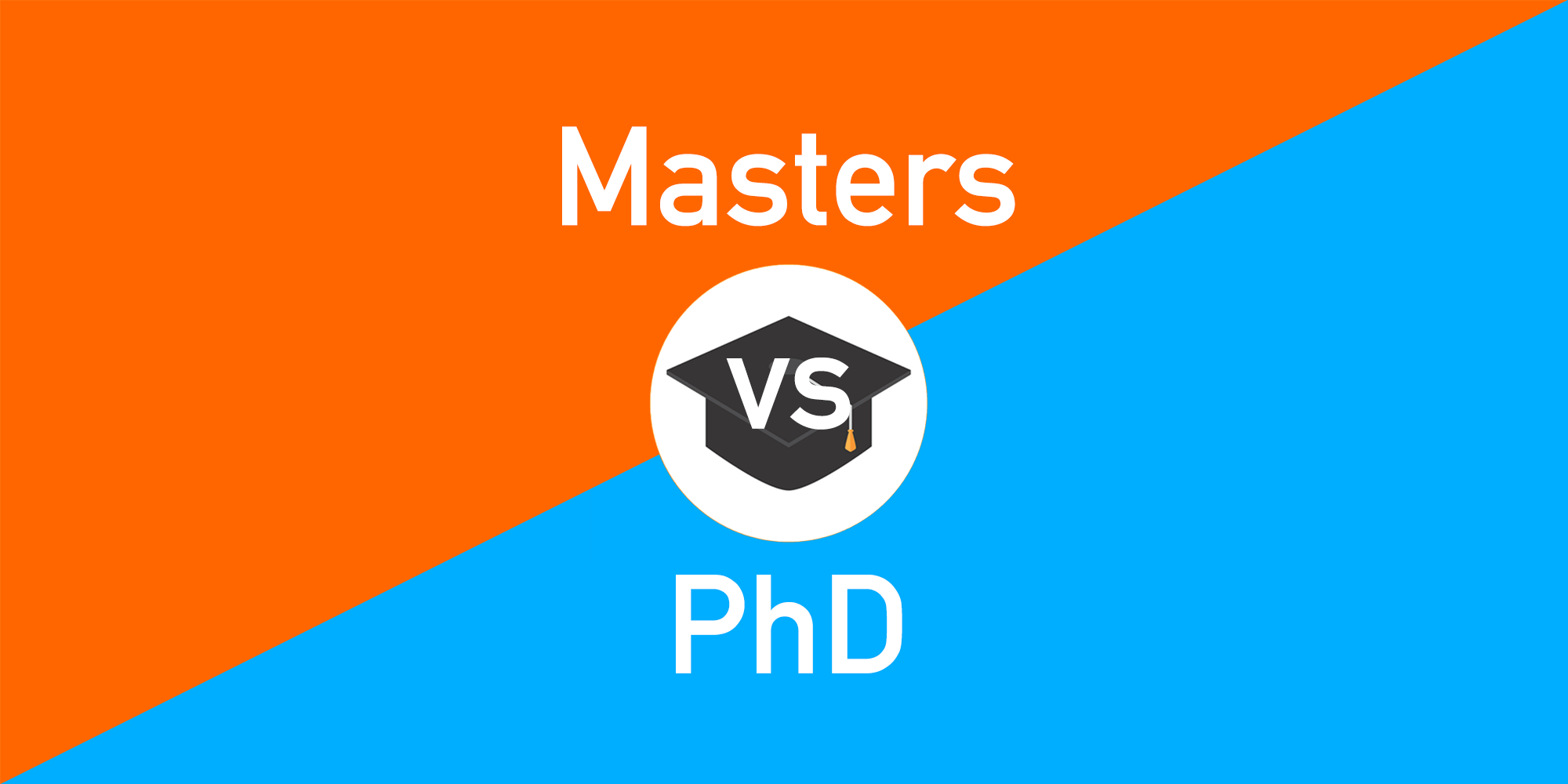Personal essays, are the most important component of the undergraduate admissions process in the United States. For international students, this essays provide an opportunity to showcase their unique backgrounds, experiences, and aspirations to admissions committees. In this guide, we'll learn about the significance of personal essays and provide valuable tips for international students on how to craft compelling narratives that resonate with US universities.
Understanding the Purpose
Personal essays offer admissions officers insight into who you are beyond your academic achievements and test scores. They allow you to share your personal story, values, and goals, helping admissions committees assess your fit for their institution and community.
Essay types
There are two types of essays in the admissions process. They are: 1. Common App Essay and 2. Supplemental Essays.
Common App Essay
The Common App essay is a central component of the application, providing students with a prompt and 650-word limit to convey their story, values, and perspectives. With seven essay prompts to choose from, applicants have the flexibility to select a topic that resonates with them and allows them to showcase their individuality.
For common app essay, select a topic that is authentic, meaningful, and relevant to your identity or experiences. Consider highlighting moments of growth, challenges overcome, cultural perspectives, or significant achievements. Showcasing your unique perspective and voice will help your essay stand out.
Supplemental Essays
Supplemental essays differ from universities to universities, offering applicants an opportunity to provide additional insights into their personalities, passions, and fit with specific universities. These essays complement the Common Application essay and allow students to showcase their uniqueness while demonstrating a genuine interest in each institution.
Tips and tricks to write the essays:
Structuring Your Essay
Start with a tempting introduction that hooks the reader's attention and clearly states the central theme or message of your essay. Develop your ideas cohesively in the body paragraphs, providing specific examples and anecdotes to support your narrative. Conclude with a reflection or takeaway that leaves a lasting impression.
Show, Don't Just Tell
Use vivid imagery, descriptive language, and storytelling techniques to bring your experiences to life. Instead of simply listing accomplishments, delve deeper into the emotions, thoughts, and lessons learned from each experience. Show how these moments have shaped your identity and aspirations.
Be Authentic and Genuine
Stay true to yourself and your experiences. Avoid exaggeration or embellishment, as admissions officers value sincerity and authenticity. Your essay should reflect your voice, values, and personality, allowing admissions committees to gain a genuine understanding of who you are.
Highlighting Cultural Perspectives
As an international student, your cultural background and experiences can enrich the diversity of the university community. Use your essay to share insights into your culture, traditions, and values, offering a unique perspective that contributes to the campus dialogue.
Addressing Challenges and Overcoming Adversity
If you've faced significant challenges or obstacles, consider addressing them in your essay. Highlight how you've persevered, grown, and learned from these experiences, demonstrating resilience and determination.
Proofread and Revise
Carefully proofread your essay for grammar, spelling, and punctuation errors. Revise for clarity, coherence, and flow, ensuring that your ideas are communicated effectively. Take the time to polish your essay until it shines.
Seek Feedback
Share your essay with trusted mentors, teachers, or peers for feedback and suggestions. Consider their insights on clarity, coherence, and overall impact. While it's essential to receive feedback, ultimately, ensure that your essay remains true to your own voice and perspective.
Personal essays are a powerful tool for international students to showcase their identities, experiences, and aspirations in the US undergraduate admissions process. With careful thought, reflection, and revision, your personal essay can become a compelling testament to who you are and what you bring to the university community.


































